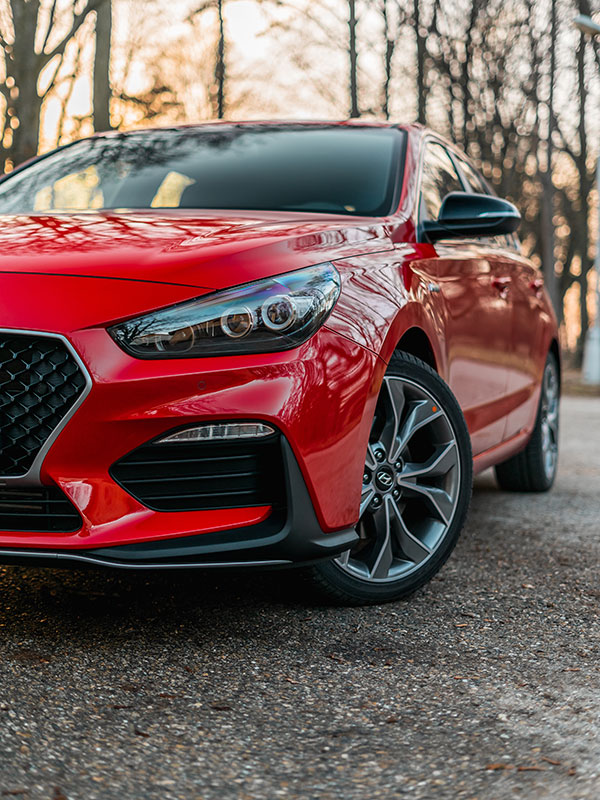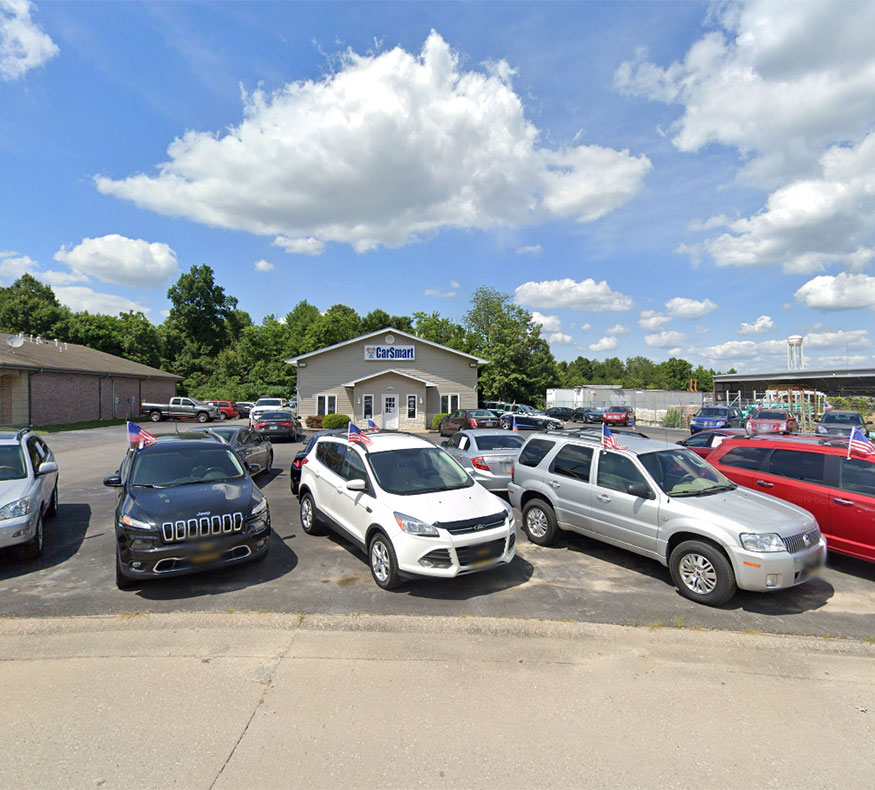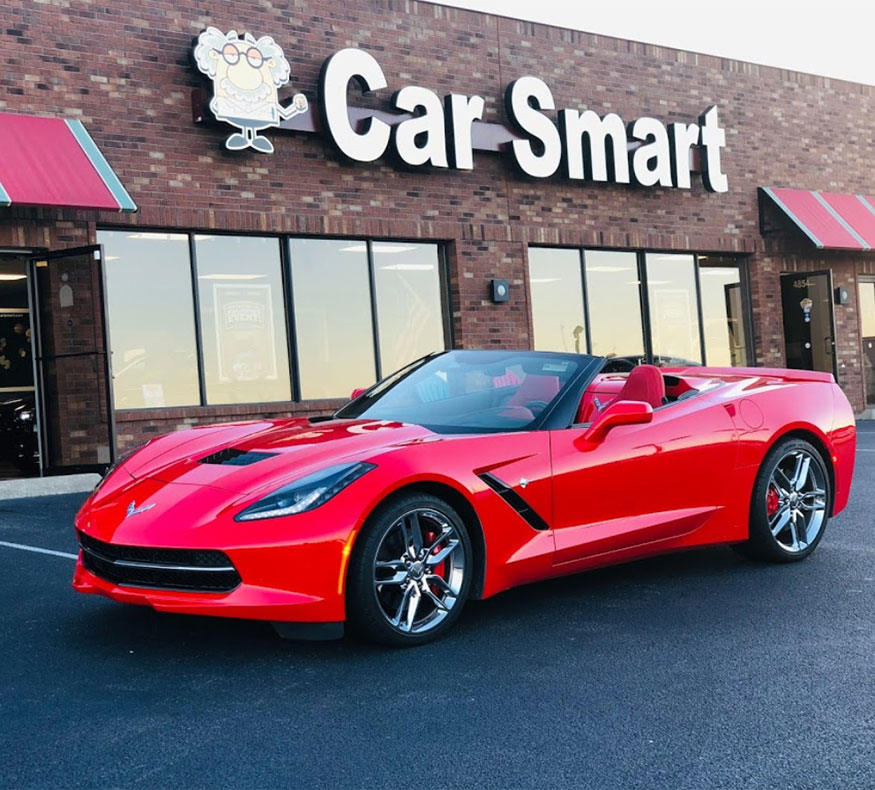Shopping for a car is an exciting time, but it can also bring some stress. Determining your budget for the purchase is an important step, and you can use this information to decide how you plan to pay for the vehicle. If you don't have the cash needed to purchase the car you want, financing is an option that allows you to spread out the cost with a monthly payment. Another option is leasing, although you might be under the impression that you can only choose this option if you buy new. Find out whether you can lease a used car before you decide how to pay for your next vehicle.
What Is Leasing?

Image via Unsplash by adam_stefanca
Before diving into the option of leasing a used vehicle, it's helpful to understand what a lease is and how this financial arrangement works. A car lease is a form of financing that allows an individual to rent or borrow a vehicle from a dealership for a specific period of time. Most lease agreements also include mileage restrictions, so if you decide to lease, you can only drive the car a certain number of miles per year. If you exceed the mileage restriction, you may be subject to a fee.
The person leasing a vehicle is known as the lessee, while the dealership is known as the lessor. In order to qualify for an auto lease, you typically need good credit or a score of 670 or higher. According to Experian data, the average credit score of lessees during a three-month period in 2020 was 733.
The main difference between a lease and a loan for the car is what happens at the end of the term. The dealership or lender in the lease agreement provides a residual value, or what the car will be worth at the end of the term. When a lease agreement ends, the lessee can:
- Return the vehicle to the dealership and walk away.
- Pay the residual value in cash and keep the car.
- Finance the residual value and keep the car.
- Sell the car and pay off the residual value.
By contrast, at the end of the term of a car loan, the borrower owns the vehicle. They can keep it and continue driving it or sell it and enter into a financing agreement on a different vehicle.
Can You Lease a Used Car?
Although leases are more often available on new cars, dealerships can offer this financing option on some used vehicles. In most cases, only used models that qualify under their respective manufacturers' certified pre-owned programs qualify for leases. The qualifications for certified pre-owned programs vary by manufacturer, but nearly all require the vehicle to undergo a detailed inspection and meet certain age and mileage requirements. Some certified pre-owned programs also include additional benefits, such as extended warranty coverage, emergency roadside assistance, and/or entertainment subscriptions.
If you decide to lease a certified pre-owned vehicle, the process is similar to leasing a new car. You may be required to pay a down payment toward the purchase price, along with an acquisition fee to take temporary ownership. You will enter into a lease agreement with the dealership, which includes the car's residual value at the end of the term, the length of the agreement, and any additional information regarding the terms.
The requirements for lessees of used cars aren't always as stringent as those placed on the lessees of new cars. If your credit score falls below 620, you may still qualify to lease a pre-owned model, although it also depends on your current financial situation and what you can afford to pay per month. The interest rates on used car leases may be slightly higher than those offered on new car leases, although manufacturers can offer some incentive rates on pre-owned leases.
At the end of the lease term for the pre-owned model, you can choose to return it, pay the residual value and keep it, or sell it and use the funds to pay off the residual value. The same terms typically apply to a used lease, including mileage restrictions and the condition the vehicle must be in when you return it to the dealership.
Benefits of Leasing a Used Car
One of the key advantages of leasing a used car is the potential for a lower monthly payment. When calculating the monthly payment of a lease, financial professionals take the difference between the car's current value and residual value and divide that by the number of months of the term. They then apply any interest and fees, generating a monthly payment. When financing a vehicle, the monthly payment is a portion of the car's total value. As a result, it will be higher unless the buyer can pay a large chunk of the price as a down payment.
Since nearly all of the models offered as used lease options are certified pre-owned, these vehicles come with additional protection. Manufacturer-provided warranty coverage is certainly valuable, especially if something goes wrong with one of the vehicle's major components during the lease term. It may make financial sense to lease a pre-owned car if you don't have the budget for a new model.
Drawbacks of Leasing a Used Car
It doesn't always make sense to lease a used car, and one reason you might not choose this option is if the interest rate is substantially higher. Used vehicles don't typically qualify for the same incentives as new models, so you could end up paying more in interest on a lease than you would if you financed the vehicle. The money you pay each month also doesn't help build equity in your purchase, while paying the monthly bill on a financed vehicle does.
At CarSmart of Farmington, we offer competitive financing options to our valued customers. If you're interested in purchasing a pre-owned model, we can help you find the perfect vehicle for your needs. Our helpful financial professionals can also answer any questions you might have about leasing and financing used cars, feel free to call us at 573-747-4888.




